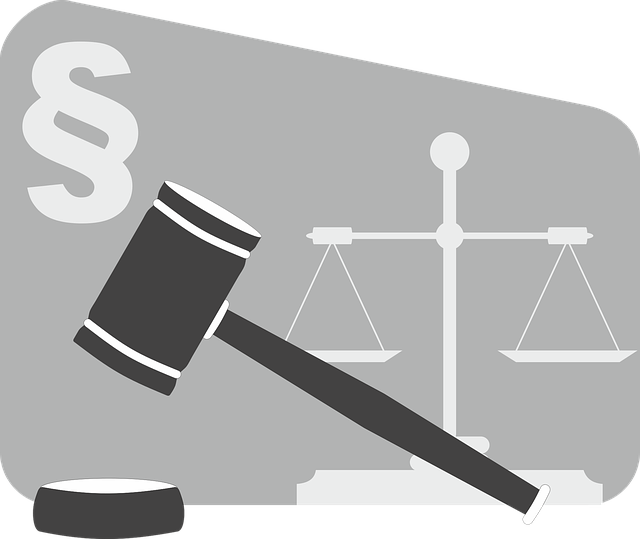Work injury compensation for mental health conditions is a vital support system for employees affected by stressful or traumatic workplace events, offering assistance for issues like anxiety, depression, and PTSD. Accessing this compensation requires understanding specific eligibility criteria, including a work-related injury, proof of causation, and adherence to legal and insurance requirements. The claims process can be complex, involving subjective mental health assessments and intricate legalities, thus consulting a specialized personal injury attorney is crucial for successful navigation. Support resources from organizations offering counseling services are essential in helping employees understand their rights and advocate for compensation, particularly in cases of fiduciary duty breaches.
“Work injury compensation for mental health conditions is a crucial topic for anyone navigating employment-related stress or trauma. This article guides you through the intricate process of seeking compensation, focusing on understanding eligible claims, identifying criteria for entitlement, and exploring support resources.
Learn how to recognize when your mental health struggles are work-related and take the first steps towards securing the assistance and recognition you deserve. Discover the available avenues for work injury compensation and navigate the claims process with confidence.”
- Understanding Work Injury Compensation for Mental Health Conditions
- Who is Entitled to Compensation and What Are the Eligibility Criteria?
- Navigating the Claims Process and Available Support Resources
Understanding Work Injury Compensation for Mental Health Conditions

Work injury compensation for mental health conditions is a crucial aspect of ensuring employees receive adequate support and protection after experiencing traumatic events at work. Many people associate physical injuries with on-the-job accidents, but mental health issues can also arise from stressful or hazardous working environments. These conditions may include anxiety disorders, depression, post-traumatic stress disorder (PTSD), and other psychological ailments that significantly impact an individual’s well-being.
Understanding the scope of work injury compensation is essential for both employees and employers. It involves recognizing that mental health injuries can result from various factors such as workplace harassment, traumatic events, or even repetitive tasks leading to stress and anxiety. In some cases, fiduciary duty breaches or partnership disputes within organizations might contribute to an employee’s mental distress. Unlike physical injuries with readily identifiable symptoms, mental health conditions often require specialized treatment and a comprehensive understanding of their origins in specific work-related contexts.
Who is Entitled to Compensation and What Are the Eligibility Criteria?

Work injury compensation for mental health conditions is available to employees who have experienced psychological harm as a direct result of their job. To be entitled to this support, individuals must have suffered an injury or illness that is recognized as work-related by their employer and, in many cases, by insurance providers. This includes conditions such as stress, anxiety, depression, and post-traumatic stress disorder (PTSD) stemming from workplace stressors like hostile environments, excessive workload, or on-the-job accidents.
The eligibility criteria for work injury compensation vary by jurisdiction but generally require proof of a causal connection between the mental health condition and the workplace. This may involve medical evidence from a qualified healthcare professional, as well as documentation detailing the specific work events or conditions that contributed to the mental health issue. Additionally, individuals seeking compensation must meet certain employment and insurance eligibility requirements, such as being an active employee at the time of the injury or having valid workers’ compensation insurance through their employer. In cases of elder abuse or breaches of fiduciary duty in the workplace, specialized legal advice may be necessary to navigate complex liability issues and secure appropriate work injury compensation.
Navigating the Claims Process and Available Support Resources

Navigating the claims process for work injury compensation involving mental health conditions can be challenging. The journey begins with understanding your rights and the applicable laws in your jurisdiction. Many workers face obstacles when pursuing these claims, often due to complex legalities and the subjective nature of mental health assessments. Engaging a knowledgeable personal injury attorney who specializes in such cases is crucial. They can guide you through the intricate process, ensuring compliance with deadlines and legal requirements.
Support resources play a vital role in this process. Various organizations offer assistance, from providing information on work injury compensation to offering counseling services for affected individuals. These resources are designed to help employees understand their options, document their experiences, and advocate for their rights. Remember, when dealing with fiduciary duty breaches or breach of contract related to workers’ compensation, professional legal counsel can ensure your interests are protected throughout the claims process.
Work injury compensation for mental health conditions is a crucial aspect of ensuring employees receive support and recognition for their struggles. By understanding the eligibility criteria and navigating the claims process, individuals can access much-needed resources. This article has provided an overview to help those affected by work-related mental health issues know their rights and take the first step towards healing and recovery. Remember, seeking compensation is not just about financial aid; it’s a way to validate your experience and facilitate access to specialized support.






